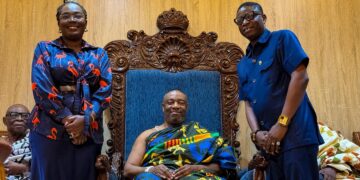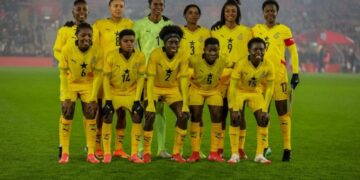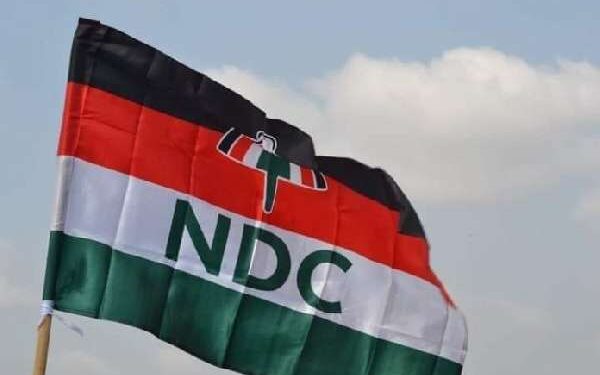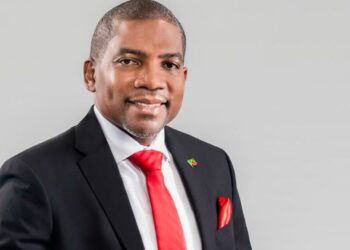A major internal storm is brewing within the National Democratic Congress (NDC) as the party prepares for a crucial National Executive Committee (NEC) meeting on Wednesday, July 23, to deliberate on a controversial proposal requiring government appointees who hold party positions to relinquish their roles in the party.
The policy, endorsed by the Political Committee, Functional Executive Committee (FEC), and the Council of Elders, is aimed at separating party structures from government operations. Advocates of the move say it is necessary to restore discipline, enhance focus, and rebuild the party’s organizational base ahead of the next electoral cycle.
But the proposal has triggered strong opposition from within, with many party executives currently serving in government roles refusing to comply. These include ministers, board chairpersons, and board members who argue that resigning from their party positions would leave them politically exposed and reduce their influence within the party and government.
“There’s real anxiety,” a senior party insider revealed. “If someone gives up their party post and is later removed from their government role, they’ll be left with nothing. It’s a risky gamble, and many aren’t willing to take it.”
Tensions have been growing since some Regional Chairmen expressed dissatisfaction over their exclusion from government appointment decisions following the 2024 elections. Their call for an emergency NEC meeting has now brought the issue to a head.
At a recent FEC meeting, one appointee—who is also a minister—vehemently opposed the move, arguing that the NEC lacks constitutional authority to enforce such resignations. He insisted that if implemented, the rule must also apply to board chairpersons and members who occupy party positions.
An Upper West-based appointee went further, describing the proposal as “selfish and ridiculous,” suggesting it was a calculated move by some national and regional officers to consolidate power ahead of the party’s internal elections.
“This decision is not about party discipline; it’s about control,” he argued. “If fairness is the goal, then all party executives on government boards must also resign. Otherwise, the whole process lacks credibility.”
Other dissenting voices have called for a broader constitutional review, similar to what the opposition New Patriotic Party (NPP) undertook at their national conference over the weekend. At that conference, the NPP amended its constitution to explicitly bar government appointees from holding party positions concurrently—effectively ending the practice of dual roles within the party’s ranks.
Some NDC members argue that if such a sweeping reform is necessary, it should go through the appropriate constitutional amendment process rather than being imposed through a mere NEC decision.
Still, proponents of the directive maintain that management-level government roles are fundamentally different from board positions, which only provide oversight.
“Board members don’t engage in day-to-day management,” a Regional Chairman argued. “They offer policy direction. That’s a separate role from active government administration.”
Behind the scenes, some insiders believe the push is driven by presidential hopefuls seeking to weaken rivals ahead of the next flagbearer race. They view the policy as a strategic attempt to eliminate competition and control the party machinery.





































